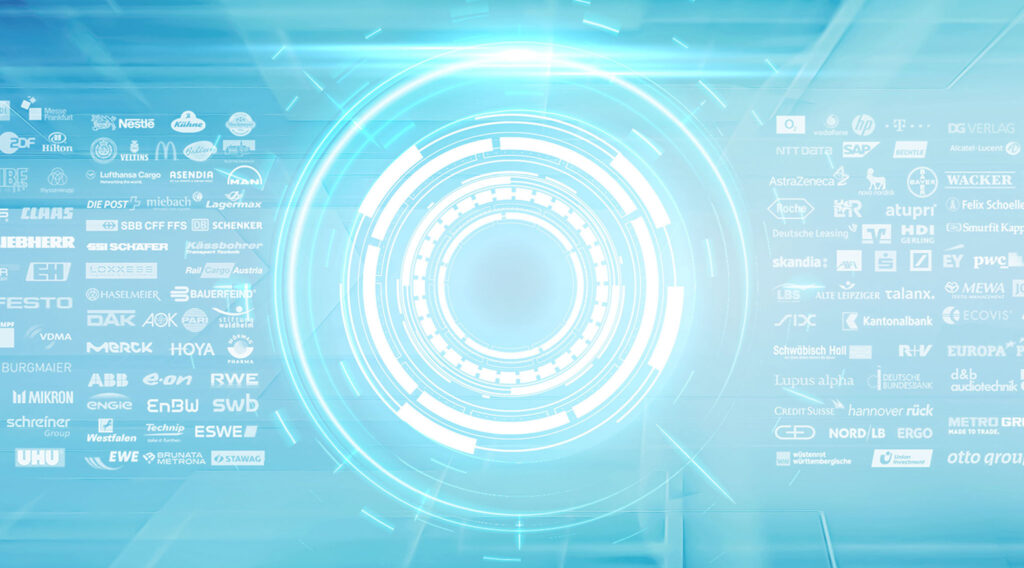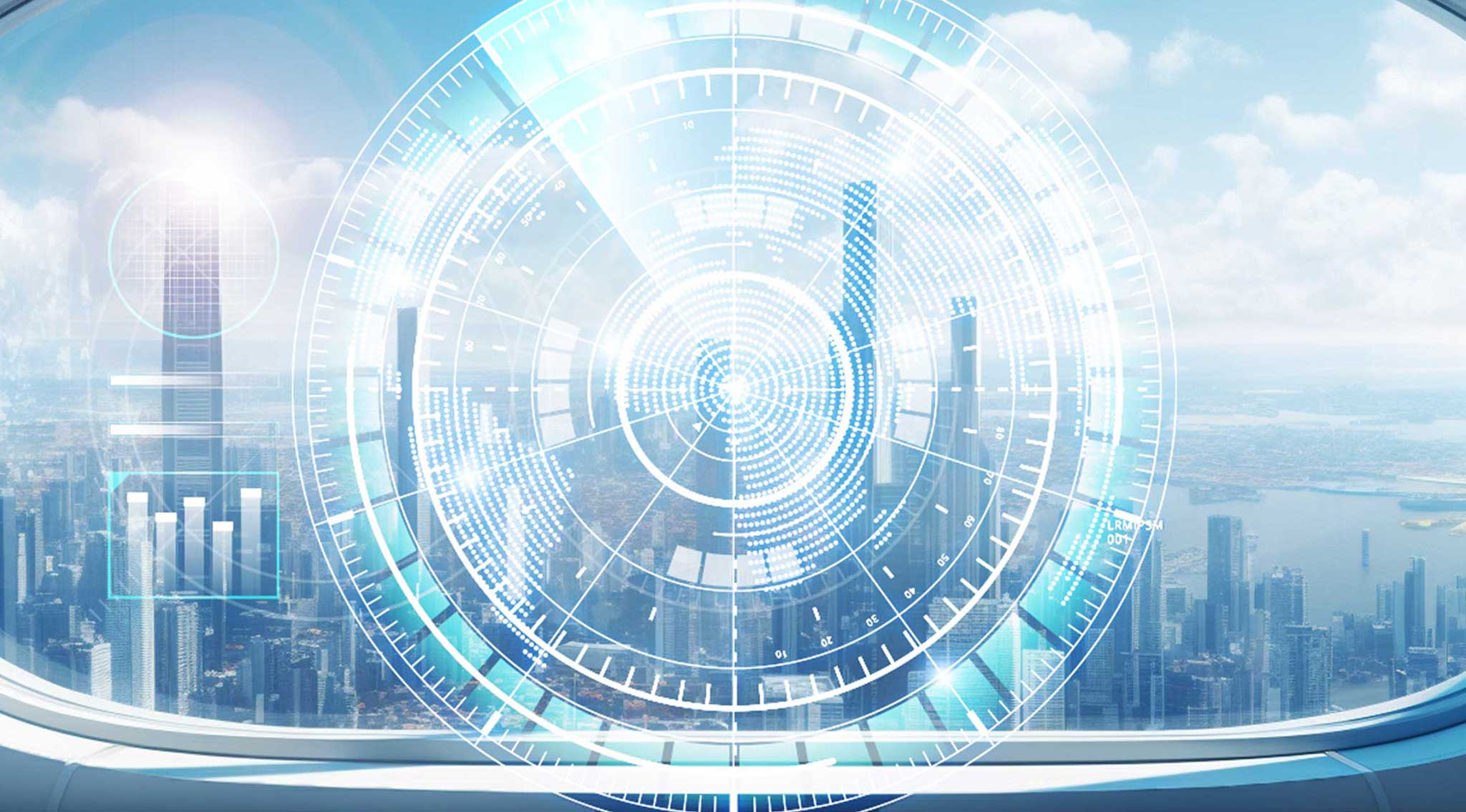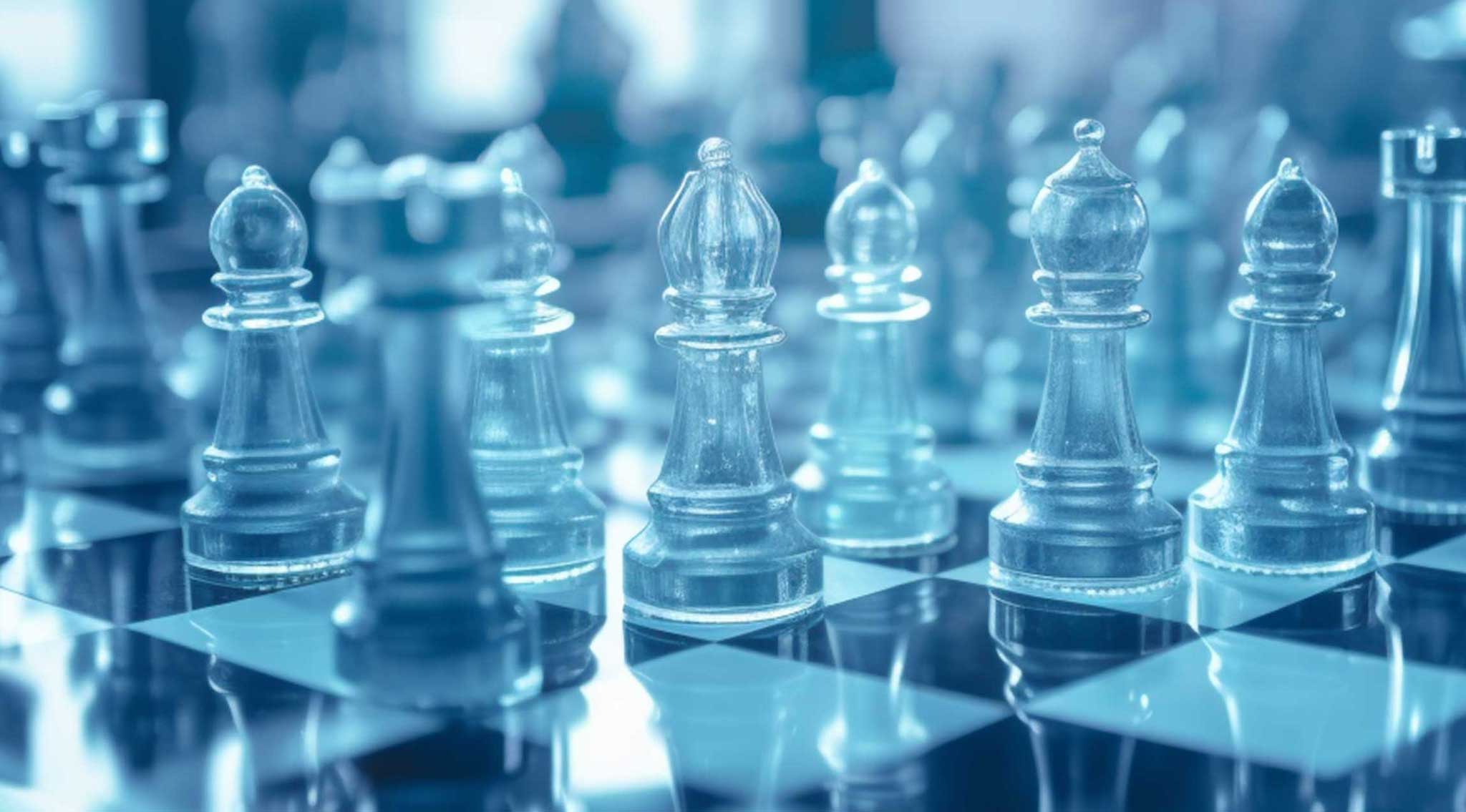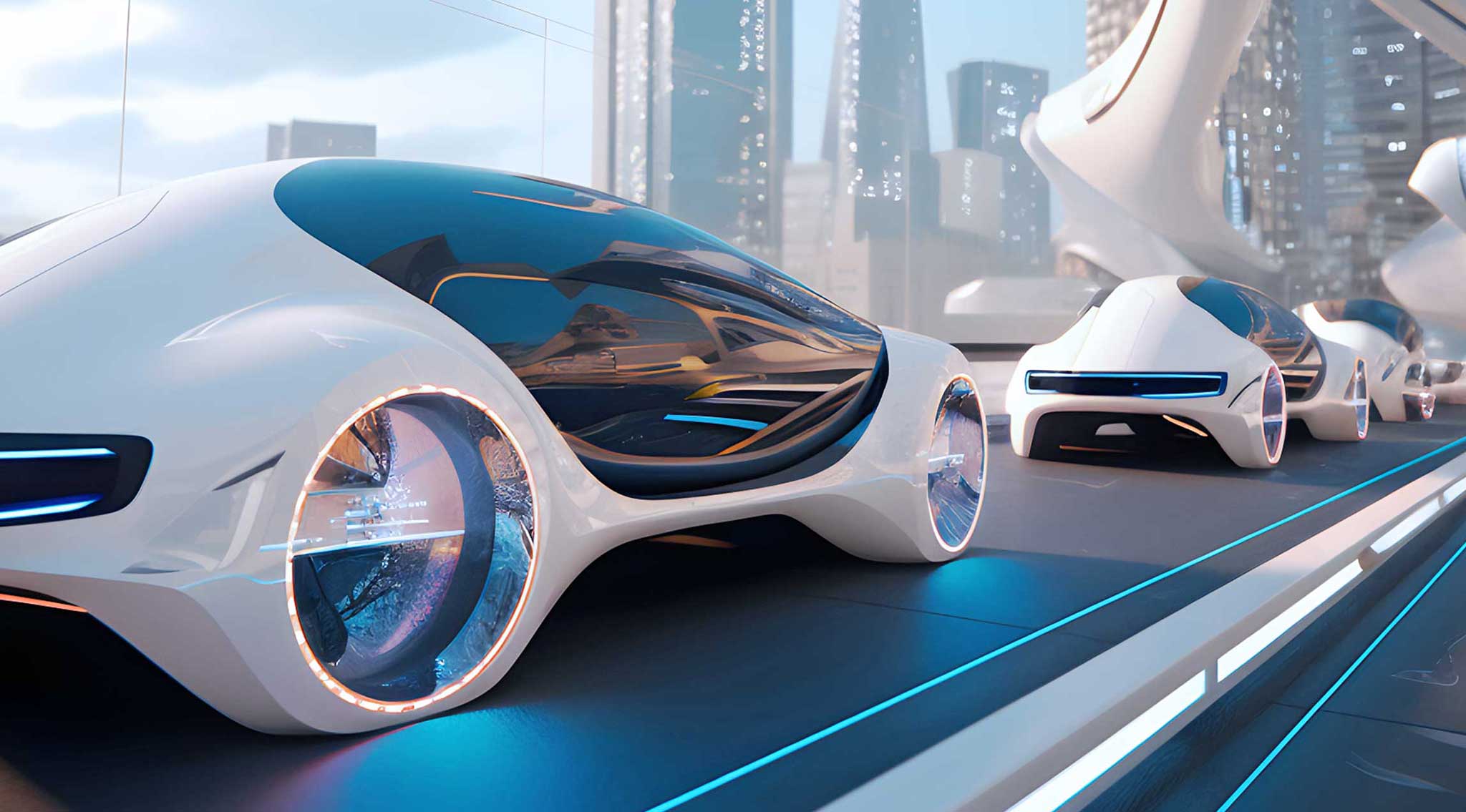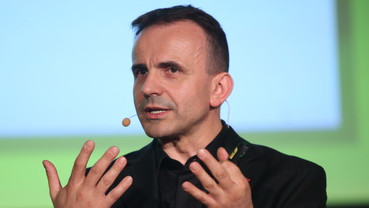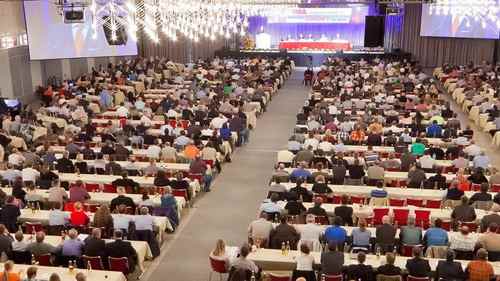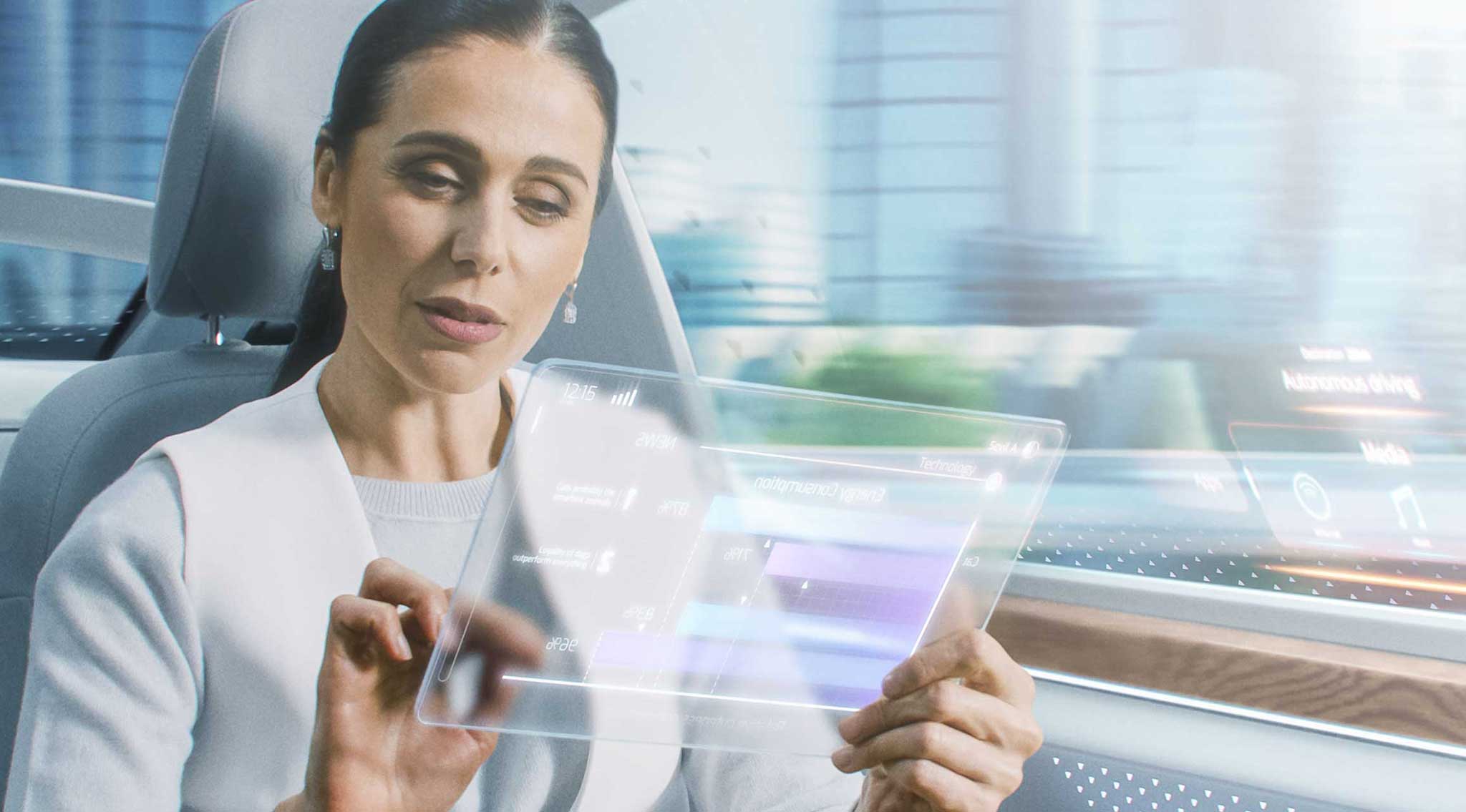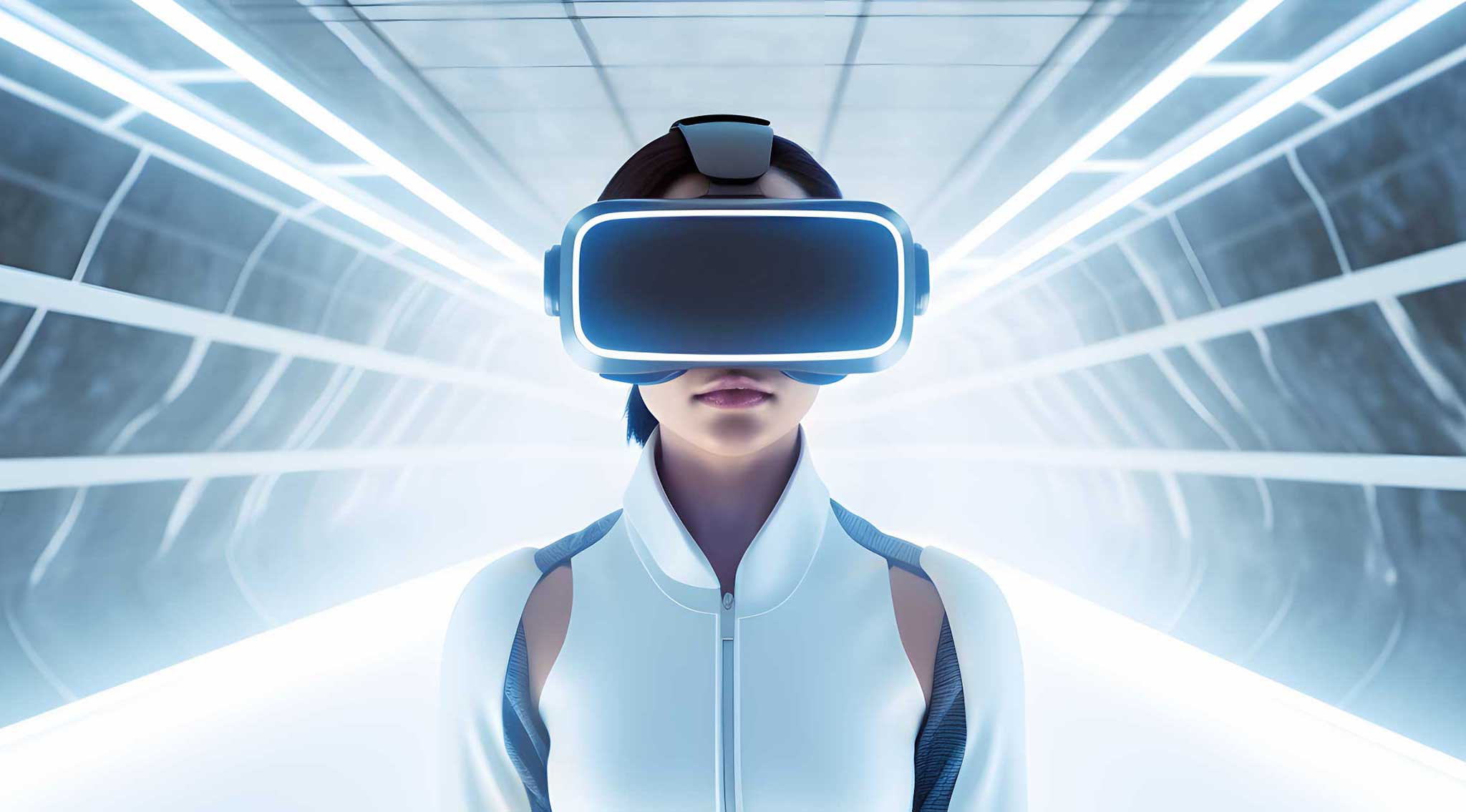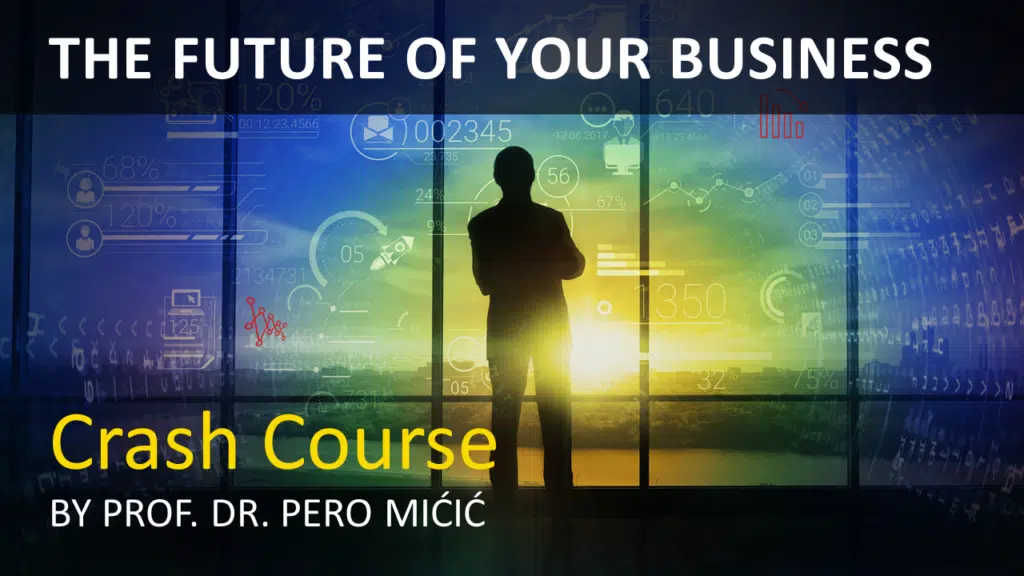Is blockchain technology leading to a revolution? It is supposed to simplify, democratize and disrupt almost everything, i.e. make it superfluous. It is designed to create new markets and destroy known markets. It is said to be the biggest innovation since the invention of the World Wide Web. But what actually is blockchain? And who exactly will benefit and how?
What is the blockchain? Why does it mean a revolution?
In principle, it is quite simple. The 500-year-old double-entry bookkeeping system has the advantage that each accounting amount is recorded in two places. Debit and credit. So there is some consistency control. It doesn’t always quite add up, but most of the time and for the most part it does.
In principle, the term blockchain is just one manifestation of a relatively new technology. In technical terms, we should be talking about distributed ledger technology (DLT), the distributed ledger of accounts. A ledger, or book of accounts, is this extremely large and wide book where people used to do their accounting before the computer era. Imagine thousands of such account books in thousands of different locations, where every entry is made at the same time and cannot be changed. You may be able to fudge in one place, but not in all.
In blockchains, each transaction is recorded not in two places, but in thousands or even millions. A blockchain is a decentralized database shared by many people. On each user’s computer there is a copy of each booking and the entire transaction log. The validation, i.e. the authenticity check, is carried out by the participants of the network. This guarantees the uniqueness of each transaction or unit of value. An intermediary as a certifying authority is unnecessary.
The cryptocurrencies Bitcoin and Ether, among others, are based on blockchains. The cryptocurrency IOTA is based on Tangle, another form of distributed ledger. Hashgraph is another version of a distributed electronic account book.
Distributed ledgers are trust machines
Whether it’s the state, the bank or the notary: as a rule, we trust them, but a residual uncertainty remains. They could also pursue their own interests instead of representing ours. They can be manipulated or even corrupted. Blockchains, which guarantee transparency and anti-counterfeiting, are quite different. The Economist magazine called it ‘The Trust Machine’. These new confidence machines eliminate fear. Precisely because they are basically based on mistrust and therefore document everything in a provable manner. Precisely because we no longer have to trust. We can be sure. All operations and data are absolutely safe from forgers, fraudsters, thieves and criminal hackers. So, in the future, will we no longer trust people and institutions, but a technology?
In the future, sensitive personal data, financial transactions, property transfers, rents, fees, and contracts will be organized in large part through distributed electronic account books.
If it’s documented in a blockchain that the house, the painting, the computer, or the piece of music is mine, then so be it. One hundred percent. If the blockchain says I can enter this building, I can enter this room, I can access this website, I can access this data, I can actually be me, then so be it. One hundred percent. No one has to fear for their data or belongings anymore.
Today we have the Internet of information and communication. With the help of blockchain technology, we will have the Internet of rights and values.
Through platforms like Ethereum, you can close, or rather have closed, so-called ‘smart contracts’. These are contracts that are automatically initiated according to the if-then principle – and are fulfilled in exactly the same way. You may know this from eBay. You specify the conditions under which you are willing to sell your old phone and once the conditions are met, the contract is closed.
No head and no hand are involved in the conclusion, fulfillment or administration of these smart contracts anymore, no bank, no notary, no broker, no intermediary and no trader. Everything runs fully automatically and absolutely safely. One machine can even pay another machine for its services. Machines pay each other based on smart contracts, and do so fully automatically. A very exciting perspective.
Blockchains could even be used to help you trust yourself more. Quasi expand your willpower by making contracts with yourself. “Only if I jog at least five miles today will I be able to access my Netflix account tonight.” Self-confidence is good, self-control and even self-“security” is much better.
Blockchain revolution: countless industries will be disrupted
Banks
It was only with blockchains that payments in cryptocurrencies such as Bitcoin could be processed worldwide in real time and virtually free of charge. The end of the sometimes horrendous fees for international transfers and cash transfers is near. Together with smart contracts, even micro and nano amounts can be paid, which was not worthwhile before. You can compose a piece of music and put it online and have the listening of your work calculated by minutes or even seconds. A loan can be processed completely automatically, from the application, through checking and approval, to the final installment. The classic bank plays no role in this.
Insurances
Smart contracts could provide the basis for behavior-based insurance rates. The contribution is reduced if you eat and behave healthily and if you take fewer risks and prove this via the DLT.
Healthcare
Blockchains could also end the eternal squabbling over digital patient records. You can give any doctor access to your medical history within seconds. What diagnoses were made and with what results? What medications were prescribed to you and when, what therapies were prescribed, and what surgeries were performed. And with what result? Which doctor made which notes about you? What CT and MRI scans were taken? You can release all data to your family doctor, and only heart-relevant data to the heart specialist, and only for the duration of treatment. You are the sovereign master of your data. Expensive duplicate examinations, incompatible drugs and therapies with dangerous interactions would finally be safely avoided.
Logistics
Logistics processes and material flows in increasingly complex value chains can be optimized. The automated exchange of logistical and contractual information reduces bureaucracy and speeds up processes. Containers, wagons and parcels can be securely authenticated worldwide and tracked in real time. Seamless shipment tracking protects against product piracy, for example, and also against spoiled food in the supply chain.
Accounting and auditing
Where all transactions are booked automatically and legally secure, no one needs accountants and auditors anymore.
Corporate structures
If you think all this through, a radical scenario emerges. The human-less company, not only in production, but practically completely. The DAO, the decentralized autonomous organization, is no longer led by humans but by artificial intelligence and managed via blockchains. The DAO could be economically active, have equity, enter into contracts, and even employ robots. It sounds almost unbelievable, but DAOs are quite feasible.
Public administration
In public administration, too, blockchain technology opens up opportunities for citizens and authorities to make processes simpler and more secure. The Swiss city of Zug is the first municipality in the world to offer a blockchain-based E-ID. Municipal services can be accessed via an app.
The tax system of a municipality or an entire state can become more efficient and fraud-proof. Government spending could become more transparent and abuse-proof. Democratic elections and referendums can be made tamper-proof. The African nation of Sierra Leone has held its first blockchain-secured election. Completely new forms of state are even conceivable: For example, the platform ‘Bitnation’, the first globally active state service provider, enables blockchain-based marriage with ‘Smart Love’, without a registry office or priest and across national borders.
Sharing Economy
Only when DLT makes vehicle sharing, and especially the documentation and accounting of transactions, unimaginably simple and inexpensive will people en masse begin to do without their own cars. It would become similar with many other products, devices and machines that you no longer buy and use for a few minutes a day, but share with others. Individual mobility and many other things would become drastically cheaper and resource consumption would be significantly lower.
Global prosperity
Farmers can market their products more directly and easily to end customers. Especially in developing countries, producers then get more and yet customers pay less.
Hundreds of millions of people can have bank accounts with blockchain technology, which is often the ticket to a modern developed society. This is one of the reasons why many see DLT as a great opportunity to strengthen equality and participation.
Private energy producers can market their electricity directly and thus retain more of their added value, while bypassing the energy companies drastically reduces energy costs.
Let’s summarize: Distributed ledgers like blockchain, tangle or hashgraph are the solution whenever you want to prove, agree, deliver, track, calculate, pay, use, share, process, secure, protect and automate something. So actually for everything that has to do somehow with mediation and administration. There will be countless notarization, certification, patenting, legitimization and authentication platforms. They are the new intermediaries, but they function drastically more efficiently and cheaply than banks, notaries and brokers used to. This saves an enormous amount of work and costs. Sounds fantastic, doesn’t it? A revolution …
Blockchain Revolution – All is Well?
But blockchains and the like naturally also have disadvantages and dangers.
If we want to benefit from DLT, we must have all our relevant processes fully documented. Of course, access to our data is then also secured via blockchains and co. But we won’t be entirely comfortable with it, at least not initially. Democracy and the rule of law are not immutable.
And, of course, blockchain technologies have been and are being used for money laundering, terrorist financing, or drug trafficking on the darknet.
But I have reasonable hope that DLT will continue to be open source and that data encryption will continue to work.
The most dramatic negative consequence of blockchain technology will be that millions of jobs will be lost in whole or in part. Even if many of them are mindless administrative jobs. After all, millions of people and families live from such professions. Especially in connection with the exponentially developing artificial intelligence and also robotics, we must expect that people will become unemployed in unimaginable numbers and at an unimaginable speed.
Yes, humanity has been able to make up for the lost jobs in agriculture and simple industrial production elsewhere. But this time it will be too fast for many. They will not be able to retrain as quickly and effectively into higher skilled occupations.
There are also frequent complaints about the enormous energy intensity of blockchain technologies. However, newer systems such as Hashgraph already require significantly less energy. In addition, the global energy mix is becoming increasingly renewable. So we can hope that energy will not be a minimum factor for distributed ledgers.
And now?
I don’t know what system will prevail for distributed ledgers, whether blockchain, tangle or hashgraph or some other. But it says it all that DLT is being called the greatest innovation since the Word Wide Web. Distributed electronic account books aren’t going anywhere. Just assume that your business will also be affected, that your organization and processes will also be drastically turned around.
But most importantly: start now at the latest. This is the only way to turn Blockhain & Co. from a threat to an opportunity in any case. Every day they wait makes the threat greater and more serious. Every day you act earlier puts you ahead of your competition and benefits both your customers and you.
Take a process disruption inventory. Look at every process in your organization and see how that process could be fully automated through a combination of DLT and artificial intelligence. Since you yourself are potentially operationally blind in the process, get experts and go looking for startups and innovators that are already offering solutions today. You will be amazed at how many of them already exist. If you can get ahead of these disruptors or turn them into allies, your business model not only has a high probability of survival, but even the potential to usher in a new era of success.
Distributed Ledger Technology, DLT, the distributed electronic ledgers of accounts, will drastically and radically change the way we do and transact business for all time to come. Therefore: Develop your digital-intelligent strategic vision NOW.
Follow these links as well:
► The Future Strategy Program for SMEs
► Free video crash course THE FUTURE OF YOUR BUSINESS
► BUSINESS WARGAMING for robust business and future opportunities
► KEYNOTES by Pero Mićić for your employees and customers
Have a bright future!




